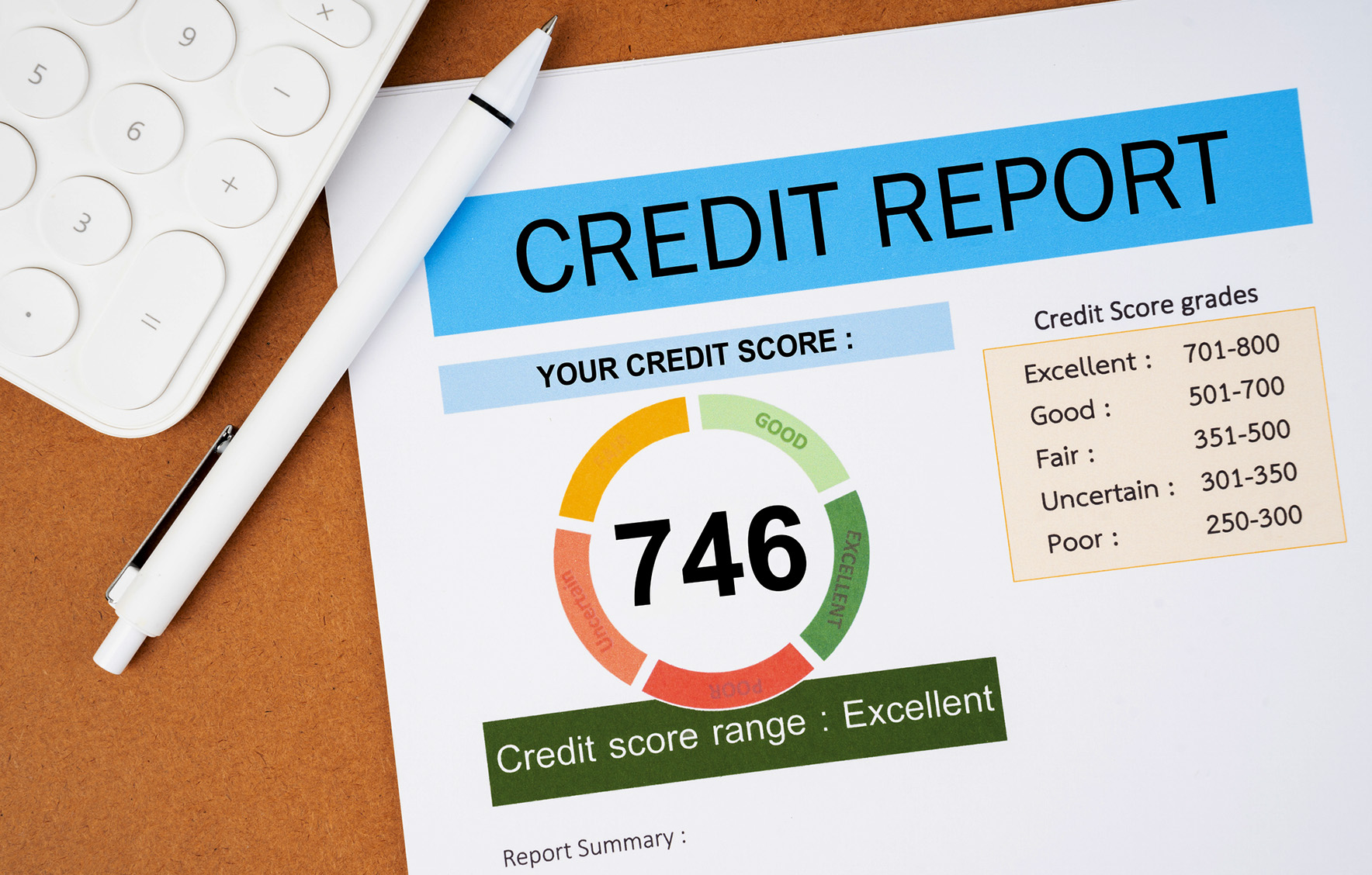In today’s fast-paced financial landscape, credit reports have become a vital component of personal financial management. As financial uncertainty and debt continue to affect many South Africans, understanding the significance of credit reports is more crucial than ever.
By grasping the concept of credit reports, you can unlock the secrets to maintaining a healthy financial profile, avoiding credit pitfalls and achieving your long-term financial goals.
Read more: How your financial decisions influence your credit score… and vice versa
What is a credit report?
As the Credit Ombud office – now part of the National Financial Ombud Scheme (NFO) – reports, your credit profile includes information such as your personal details, employment status and credit history.
A credit report provides a comprehensive snapshot of your credit history, allowing you to track your financial wellbeing and make informed decisions. It’s particularly useful to review before applying for credit. Lenders, on the other hand, rely on credit reports to evaluate your creditworthiness and determine the level of risk involved in lending to you.
Why is a credit report important?
For starters, it can affect your finances and ability to achieve long-term dreams such as owning a home, buying a car or even getting your dream job. According to Experian: “When it’s filled with positive information, a credit report helps you put your best face forward as a responsible borrower who knows how to manage their finances.”
When does your credit report come into play?
Your credit report is a point of reference every time you apply for a loan, a store account, or extended credit. Credit providers are bound by the National Credit Act to carry out an affordability assessment, which includes checking your credit profile before they grant you any further credit.
The Credit Ombud notes that credit extension is about risk and costs – and the best predicator of future behaviour is generally past behaviour If your credit record reflects adverse information, you are likely to be considered a riskier debtor.
Your credit report is also used as a reference point when you apply for a job in which you will be dealing with cash or finances. After all, you can hardly be expected to manage someone else’s finances or money if you have not been able to manage your own finances.
Credit report conundrum
Global credit bureau TransUnion says many people only check their credit reports when it is too late – for example, after their home loan or vehicle loan application has been turned down.
Howard Gabriels, credit lead ombud at the NFO, says many South Africans are still unaware of the importance of regularly reviewing their credit reports. “An estimated 87% of South Africans who access credit have errors on their credit reports which can adversely affect a consumer’s creditworthiness,” he says.
‘A tool that empowers’
Gabriels also points out that there are high stakes when it comes to maintaining the integrity of your credit report, given the alarming rise in identity theft in South Africa, with a massive 356% increase from April 2022 to April 2023, and another 400% jump in 2024 – as reported by the Southern African Fraud Prevention Service.
Gabriels recommends checking your credit report at least once a year so you can identify inaccuracies, detect potential fraud and take proactive steps to not only prevent fraudulent financial losses but also improve your credit standing. If there are errors on your credit report, your first port of call would be to reach out to the Credit Bureau and request a correction. If this does not happen, you can take the matter further by laying a complaint with the NFO.
“January is a time of reflection and resolution for many. We encourage all South Africans to take this opportunity to review their credit reports, understand their rights and reach out to us if they believe they have been treated unfairly in the credit space,” Gabriels says. DM
How to contact the NFO:
- Website: https://nfosa.co.za/
- Telephone: 0860 800 900
- WhatsApp: +27 (0) 66 473 0157
- Email: info@nfosa.co.za
- NFO media enquiries: media@nfosa.co.za





